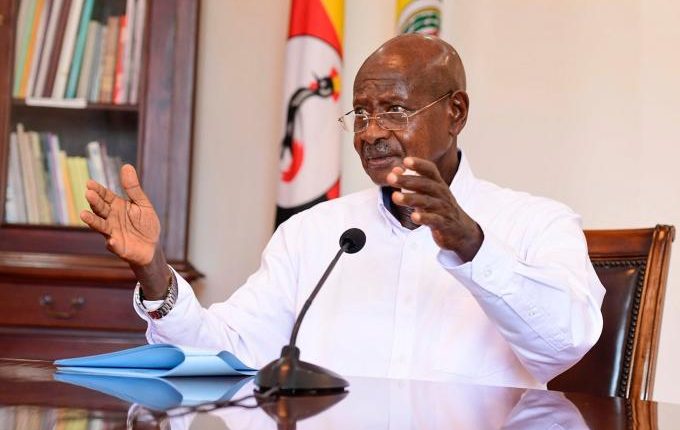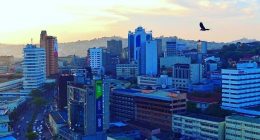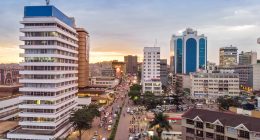Editor’s note: the article was originally published on March 20, on the LéO Africa Institute website.
Last week, while taking a boda boda ride in Kampala, I had a conversation with my rider about the global corona virus pandemic, that we now know as COVID-19. The pastor at a local church had told him that the corona virus is a punishment to the global north for ‘sinning’. That they are paying a price. I indeed respected his opinion but was taken aback by such a perspective.
For something that has captured the headlines over the last three months, how can we have such misinformed opinions still flying about? What happens to the population when we get confirmed cases in the country?
As of this writing, Covid19 has registered 185,067 cases with 7,330 deaths and 80,236 recovered cases worldwide. This puts it at a 3.9% fatality rate globally. The fatality rate from Wuhan, China which was the original epicentre of the virus has been at 2.5%. But we are seeing that increase as new infections rise and put entire countries like Italy and Spain under national lockdown, and over 30 African countries have reported confirmed cases of the Covid19 virus.
For Uganda, we have fortunately not recorded any cases of Covid19 at the time of this writing. What I think is very important is to get ready for any eventuality even if no confirmed cases have been recorded.
Below I will re-echo some of the medical facts around Covid19:
Covid19 belongs to a family of coronaviruses which include the Middle East Respiratory Syndrome (MERS) and Severe Acute Respiratory Syndrome (SARS) viruses that have caused epidemics over the last three decades. It is mostly spread through respiratory droplets and fluids that are released as one sneezes or touches their face. Persons with Covid19 have show symptoms of a fever, fatigue, a dry cough to a runny nose, sore throat and shortness of breath in the severe of cases.
These are signs we should look out for to discourage the spread of this pandemic and seek medical attention in time. It should be comforting to note that 80% of cases so far have shown mild infection, while 13% have been severe with 6% considered in critical condition requiring intensive care unit admission.
The World health Organisation has put in place preventive guidelines that we should all adopt to flatten the curve and give ample time and resources to hospitals to manage the active cases.
On top of this we should:
- Wash hands with soap and water for at least 20 seconds several times a day. Soap and disinfectants have the ability to disrupt the outer membrane of the Covid19 virus and render it useless.
- Secondly is social distancing where people in public spaces like ATMS, supermarkets and restaurants are advised to maintain at least 1.8 meters (6 feet) from one another or any person with the above symptoms. This helps with halting the spread of the virus.
- Finally, anyone with an onset of the above symptoms and who has been in contact with a person who has recently travelled to the countries with active cases of Covid19 should report to a medical facility with screening capabilities to get the required medical attention and protect the public.
Due to the panic caused by Covid19, people have rushed to supermarkets and pharmacies to buy large amounts of masks and sanitizer. This puts an unnecessary pressure on the resources that are available to protect frontline health workers. The only thing to note is that masks are only important to prevent spread from an infected person to uninfected one. Therefore, it is important to get tested first and acquire a mask after recommendation by a health worker. The other reason for one getting a mask is after one has developed the above flu-like symptoms and would like to limit the spread of infection to loved ones and the public.
Recently European countries put aside funds to facilitate innovations to help in the fight against Covid19 that range from tackling the misinformation, developing vaccines and any new novel approaches to minimizing the spread.
This is a question to the leadership in Africa: what are we doing to maximise our efforts and mobilize the many youth in the fight against this global pandemic? There is a need to create incentives and facilitate new strategies that can work in our local context while maintaining the proven precautions.
Dr. Prosper Ahimbisibwe is a 2018 Fellow of the LéO Africa Institute’s Young and Emerging Leaders Project (YELP). He is a medical officer at Jinja Regional Referral Hospital.









